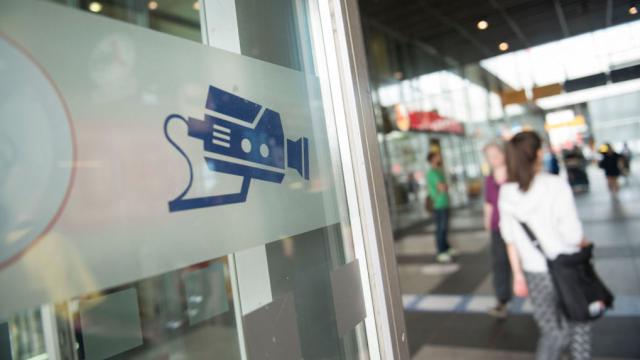This week, some passengers travelling through the international airport in Sydney, Australia will be the first guinea pigs in a program that intends to replace the passport with facial scans. The check-in process may surely become less of a headache, but at what price?
Select passengers flying with Qantas Airways will have the chance to pass through check-in, baggage drop, lounge access and boarding without needing to show their passport.
That’s assuming the system works properly, at least.
Australia has dedicated $94 million over five years for its Seamless Traveller system, and the program is still far from being ready to handle the 43 million travellers who pass through the Sydney Airport each year.
In a statement supplied to CNBC, the airport’s CEO, Geoff Culbert, said, “In the future, there will be no more juggling passports and bags at check-in and digging through pockets or smartphones to show your boarding pass.”
Qantas also plans to offer lounge customers “a more personalised experience” based off of facial recognition. I have no idea what that means. We reached out to ask and had not yet received a response at time of writing.
Facial recognition tech is a bit terrifying in theory — the idea of our movements being tracked even more than they already are is simply discomforting. It brings little comfort to know that the tech also doesn’t work very well.
London’s Metropolitan Police force has been testing an automated system for spotting wanted criminals with its enormous network of surveillance cameras. Data for the trials going on around the UK was released in May, finding the system wrongly identified an innocent person 98 per cent of the time.
On Wednesday, the commissioner of the London police force, Cressida Dick, expressed no regrets about the system and said it will continue to be used. “If there’s a technology that we can use lawfully… I think the public would expect us to be thinking about how we can use that technology,” she said.
Dick’s sentiment is exactly the type of thinking that sparks privacy advocates’ worst fears. Dr Bruce Baer Arnold, a University of Canberra assistant professor and privacy expert, told the Financial Review that the logic of using facial scans to protect us from terrorism at airports inevitably leads to the belief that it should be employed in all public spaces.
“The concern there is that this is ultimately disproportionate,” he said. “Just because you have a hammer, doesn’t mean everything is a nail.”
[CNBC, TechCrunch]
